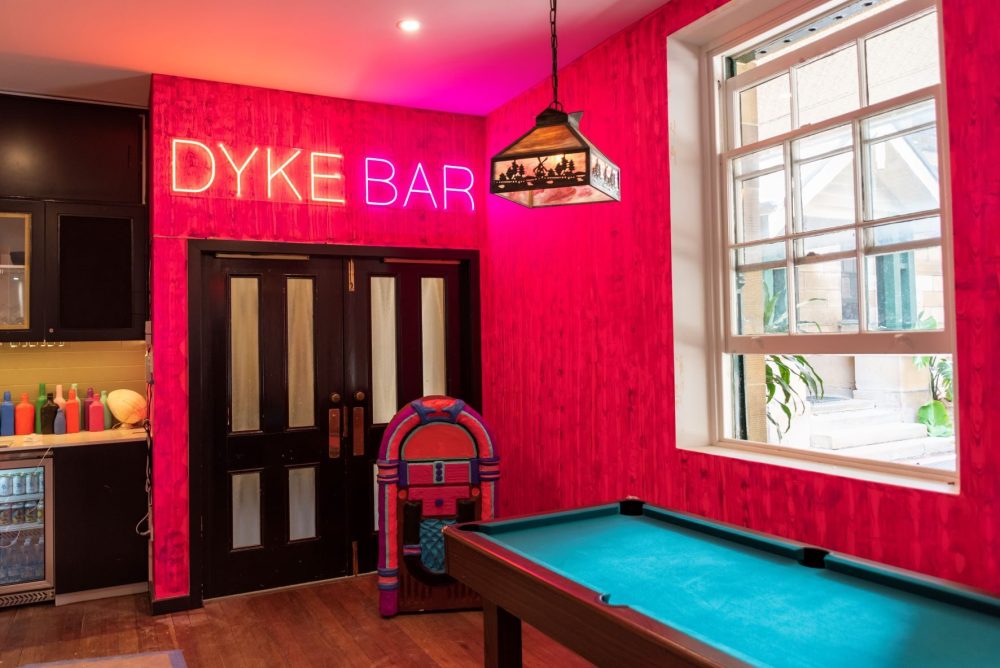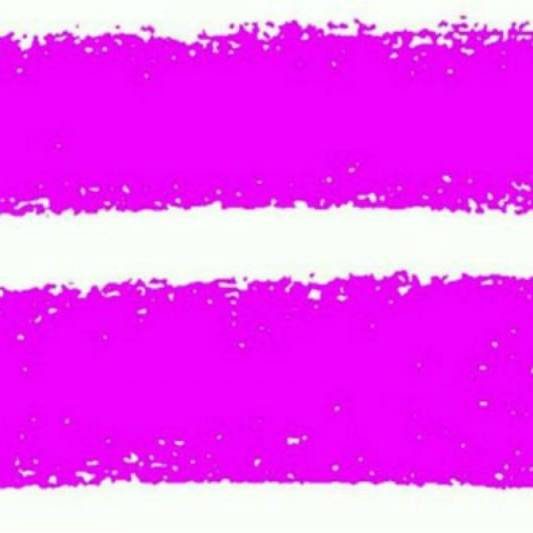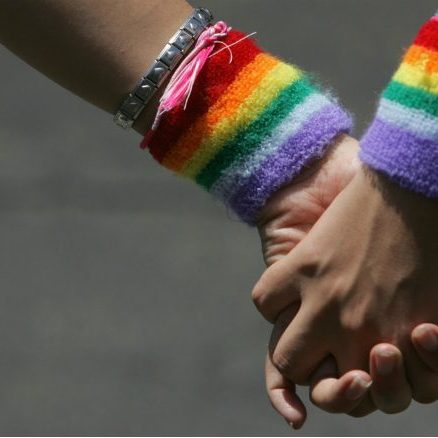
In a move that has sparked debate and raised questions about inclusivity within the LGBTQ+ community, the Lesbian Action Group (LAG) has applied to the Australian Human Rights Commission (AHRC) for a temporary exemption from anti-discrimination laws.
The purpose of this exemption is to host an event for lesbians that would exclude certain groups of women. This contentious request has ignited a conversation about the delicate balance between individual rights and inclusivity within the broader fight for equality.
The Lesbian Action Group (LAG) has a long history of advocating for lesbian rights and promoting inclusivity within the LGBTQ+ community. Their decision to seek an exemption from anti-discrimination laws has been met with mixed reactions. On one hand, they argue that holding an event exclusive to lesbians is a necessary celebration of their unique experiences, providing a safe space for open discussion and camaraderie. On the other hand, critics argue that this exclusionary policy contradicts the broader principles of inclusivity and unity within the LGBTQ+ community.
Understanding the Request
LAG asserts that creating an event exclusive to lesbians is essential for fostering a supportive environment for open dialogue and the sharing of experiences that are specific to lesbian individuals. They argue that these gatherings can help build a stronger sense of community and provide a space for discussions that may not occur in mixed-group settings.
However, the controversial aspect lies in the exclusion of certain groups of women. This raises concerns about the potential perpetuation of discrimination within the LGBTQ+ community, particularly against transgender and non-binary individuals who may also identify as lesbian. Critics argue that excluding these individuals from a lesbian-specific event contradicts the very principles of acceptance and inclusivity that the LGBTQ+ movement stands for.
The Legal Framework
The AHRC is tasked with weighing the merits of LAG’s request against existing anti-discrimination laws, which are designed to protect individuals from discrimination based on factors such as gender, sexual orientation, and gender identity. Granting an exemption would require a careful examination of the balance between the rights of the lesbian community and the rights of transgender and non-binary individuals.
Possible Outcomes
If the AHRC grants LAG’s exemption request, it could set a precedent for similar requests from other groups within the LGBTQ+ community. This may lead to more nuanced discussions surrounding inclusivity and safe spaces within the community.
Conversely, if the exemption is denied, it could prompt a reevaluation of LAG’s approach and encourage a broader conversation about how to create inclusive spaces for all members of the LGBTQ+ community while still acknowledging and celebrating unique identities.
Watch the interview on Queer Conversations:
Listen to it on our Podcast
The request by the Lesbian Action Group for a temporary exemption from anti-discrimination laws highlights the complex challenges of balancing individual rights with the broader goal of inclusivity within the LGBTQ+ community. As the AHRC deliberates on this matter, it is crucial to consider the potential implications for all members of the community and to work towards solutions that promote understanding, acceptance, and unity among diverse identities. This discussion serves as a reminder that even within marginalized communities, there is a need for ongoing dialogue and collaboration to ensure that no one feels excluded or marginalized.


